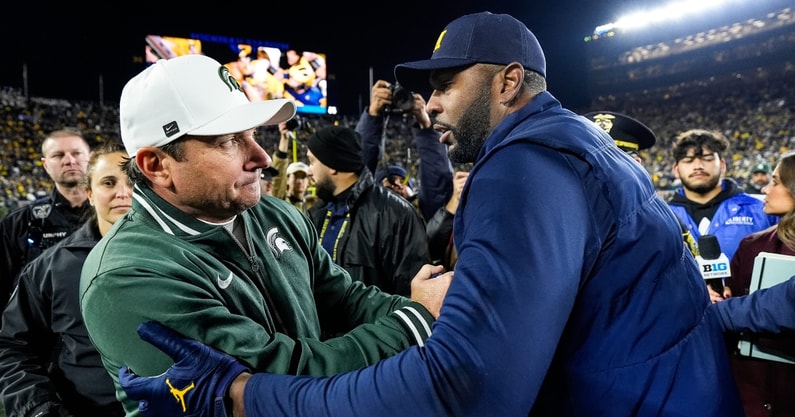
In a move that could significantly reshape the landscape of college athletics compliance and athlete rights, the University of Michigan has introduced a bill aimed at banning the reporting of Name, Image, and Likeness (NIL) deals to the NCAA, while also preventing schools from assisting in related investigations. The legislation, which has garnered widespread attention, seeks to limit the NCAA’s oversight powers and provide athletes and institutions with greater autonomy regarding NIL agreements.
The proposed bill comes amid ongoing debates about the role of the NCAA in regulating athlete compensation following the landmark changes that allowed college athletes to profit from their NIL. Since the NIL era began, the NCAA has established rules requiring schools to report athlete deals to ensure transparency and prevent violations related to recruiting or improper benefits. However, critics argue that such reporting infringes on athletes’ privacy and adds bureaucratic hurdles that can stifle opportunities.
Michigan’s initiative directly challenges this framework by advocating for a legal barrier that would prohibit schools from submitting NIL deal details to the NCAA. Furthermore, the bill would restrict schools from participating in investigations that the NCAA might conduct concerning NIL arrangements. Proponents argue that this protects athletes from excessive scrutiny and shields schools from being entangled in complex, often intrusive compliance processes.
Supporters of the bill emphasize that the current reporting requirements create an environment where athletes feel monitored and constrained, which runs counter to the spirit of the NIL reforms intended to empower them. By eliminating mandatory reporting, the bill aims to foster a more athlete-friendly atmosphere where individuals can negotiate and sign endorsement deals without fear of administrative penalties or public exposure of private contracts.
Critics, however, caution that removing such oversight could lead to unintended consequences. Without transparency, concerns arise about potential abuses, including under-the-table payments, unfair recruiting advantages, or deals that may violate other NCAA or conference rules. Opponents worry that the lack of institutional involvement in investigations could hamper the enforcement of fair play and open the door to unchecked violations that undermine the integrity of college sports.
The bill also highlights broader tensions between state legislatures, universities, and the NCAA as they navigate the rapidly evolving NIL landscape. States have increasingly taken it upon themselves to pass laws that






